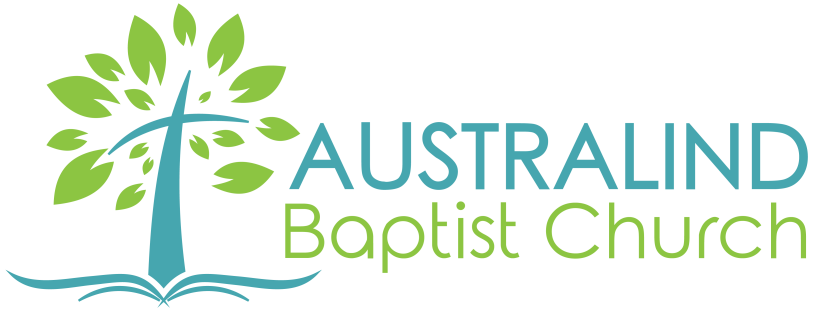- God has a plan
Psalm 105
The people of Israel knew their history, it defined who they were and gave shape to their existence. In this Psalm King David gives a short summary of about a 500 year period of their story from around 1000 years before David’s reign as king. Part of the psalm was sung when the Ark of the Covenant was carried into Jerusalem as recorded in 1 Chronicles 16:8-22. The people knew the story in a way few people today know their own history, many struggle to identify historical events from 50 years ago, let alone 1000 years. In fact, many of the nations we identify by name now did not exist 100 years ago, 15 countries came into existence when the former USSR dissolved in 1993 including Ukraine, Moldova, Latvia and Russia as it now is. Malaysia became a country in 1963, Singapore in 1965, while Kenya in 1953 and Uganda in 1962 just beat them to nationhood. The political landscape of our world is constantly changing, but Israel can trace its history to a promise made to Abraham about 2000 years before the birth of Jesus.
David begins his psalm with an invitation to call on God while reflecting on the things he has done for Israel. These are things that they should share with each other and any who do not already know. What follows is an overview of God’s plan for the nation that became Israel, starting from when Abraham (or Abram as he was then called) was given a promise. This promise was made before Abram became a believer and lived in a pagan land. Abram was told to leave his home and go wherever God told him and he would become the father of a nation. There was just Abram and his immediate family, but they left home and the story of a new nation began. David doesn’t name every person or event and in fact focuses on two things, the obedience of the people and the blessings and protection of God.
While Abraham, as God renamed him, faithfully followed God he made many mistakes and threatened to derail God’s plan. God however protected him from Pharoah in Egypt; Abimilech a Philistine king and his wife, Sarah’s attempt to take matters into her own hands by giving her maid Hagar to Abraham to bear a child while she could not. Eventually she did conceive and Isaac was born, the promise given to Abraham passed on to him and then to Isaac’s son Jacob. Jacob was a devious person and also did his best to mess up God’s plan, but God thwarted his plans and kept Jacob on the road he wanted him on. Eventually after an encounter with God by the roadside Jacob was renamed Israel, after whom the nation took its name.
One of Jacob’s sons was Joseph, he was the favourite of Jacob and became very unpopular with his eleven brothers. They took an opportunity to take him captive and sell him to the Egyptians as a slave, where he served an official named Potiphar. After being falsely accused of assault by Potiphar’s wife Joseph was put in gaol, God however arranged circumstances so that he came to Pharoah’s notice and was released. He excelled in the tasks given to him and rose to the position of governor, and in this position he was able to assist his family when a famine struck their land. Jacob and the rest of his family moved to Egypt where they quickly grew and outnumbered the Egyptian people. Out of fear the Egyptians forced the people of Israel into slavery where they remined until God sent Moses to rescue them. For 40 years they travelled through the wilderness while God miraculously cared for and protected them until finally under the leadership of Joshua they entered the land promised to them 500 years before to Abraham.
This a very brief summary, but one the people knew well. They were very aware of the times that their leaders and the people themselves had broken their word and had failed to follow God’s direction. But neither his plan nor any of his promises failed. God kept his covenant. God has a purpose for your life and there will be times when you step off the road he has for you, but he will redirect you and bring you back to where you need to be. He is faithful even when we are not, so that we can enter his promise with joy and like David ‘praise the Lord’!
- Do you ever feel you have lost your way and missed God’s plan for your life?
- How well do you know your own history and the part God has played in it?
- If you look back on your life are you surprised at the turns it has taken and wonder where it may go next?

